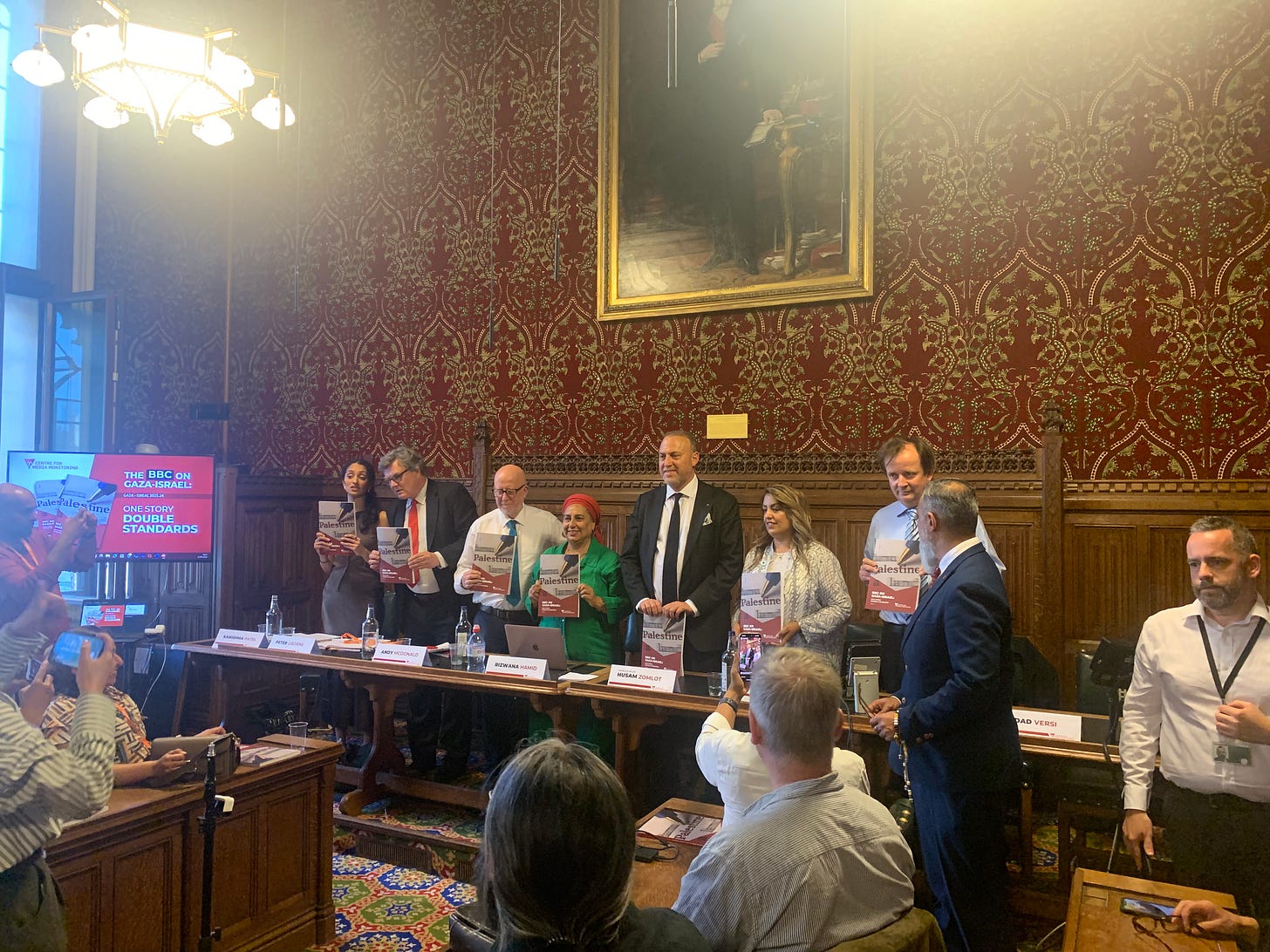On December 20, 2024, I took part in a webinar organised by the Afghan Institute for Strategic Studies (AISS) entitled “Syria and the Struggle for a Greater Middle East”.
I shared the panel with former Turkish Ambassador Ömer Önhon, former Indian Ambassador Gautam Mukhopadhaya, and researchers Dr. Omar Sadr and Dr. Alam Saleh. The discussion centered around the fall of the Assad regime, the future of governance in Syria, transitional justice, and broader implications for regional and international security. Do watch and listen to the discussion.
I was also quoted in The New Arab article: For Syria's Christians, Damascus church bombing marks a fearful new chapter. It follows the aftermath of a suicide bombing at St Elias Church in the neighbourhood of Dweila in Damascus on 22 June which killed at least 25 souls, according to the latest figures from the Syrian Ministry of Health.
“This is right out of Zarqawi’s playbook,” explains Tam Hussein, an award-winning investigative journalist and co-author of 'To the Mountains: My Life in Jihad, From Algeria to Afghanistan', referencing Abu Musab Al-Zarqawi, the former leader of Al-Qaeda in Iraq, which later developed into the Islamic State.
Zarqawi was responsible for transforming an anti-American insurgency following the 2003 invasion into a sectarian civil war by launching attacks against Iraq’s Shia population, alongside a number of minority groups, including Christians.
“They are intending to spark sectarian unease,” he told TNA. “By undermining faith within Syria’s minority groups that the new government can protect them, whilst delegitimising them in the eyes of the international community.”
However, the Islamic State is still incredibly weak in comparison to its heyday in 2016, in which it ruled over an area approximately the size of the United Kingdom.
“They have the capacity to destabilise Syria,” says Hussein. “But we are very far from seeing any territorial takeover like they were capable of previously.”
Yet, this will be little solace to Syria’s Christian community, who lack any real means to protect themselves, and will “most likely respond as they always have in the face of sectarian violence in the region - by leaving,” believes Hussein.
On 17 June, I attended Centre for Media Monitoring (CfMM) the launch of their report on BBC’s coverage of Gaza in Parliament. CfMM hosted Richard Burgess, director of news, to field questions from a distinguished panel and the audience.
Panelists included former BBC news presenter Karishma Patel who wrote in the Guardian recently that Caution has turned to cowardice – the BBC is failing viewers with its Gaza coverage. Peter Oborne who has been an outspoken critic of BBC’s Gaza coverage. MP Andy McDonald was also in attendance alongside Dr Husam Zomlot. I include an interview Zomlot did with the Oxford Union which is very interesting.
The CfMM report found the following:
…that the BBC is systematically biased against Palestinians in Gaza war coverage.
Analysis of 35,000+ pieces of BBC content shows Israeli deaths given 33 times more coverage, per fatality, and significantly more emotive language
Key Findings:
Palestinian deaths treated as less newsworthy: Despite Gaza suffering 34x more casualties than Israel, BBC gave Israeli deaths 33 times more coverage per fatality and ran almost equal numbers of humanising victim profiles (279 Palestinians vs 201 Israelis).
Systematic language bias favouring Israelis: BBC used emotive terms 4 times more for Israeli victims, applied ‘massacre’ 18x more to Israeli casualties, and used ‘murder’ 220 times for Israelis vs once for Palestinians.
Suppression of genocide allegations: BBC presenters shut down genocide claims in over 100 documented instances whilst making zero mention of Israeli leaders’ genocidal statements, including Netanyahu’s biblical Amalek reference.
Muffling Palestinian voices: The BBC interviewed significantly fewer Palestinians than Israelis (1,085 v 2,350) on TV and radio, while BBC presenters shared the Israeli perspective 11 times more frequently than the Palestinian perspective (2,340 v 217).
The meeting was immensely emotional as the audience grilled Burgess for the BBC’s coverage of Gaza. The report which you can read here, is damning.
Burgess in fairness, facing a hostile crowd, did his best to answer. However, the crowd left with more questions than answers. And it seemed even more difficult to accept Burgess’ responses given that the BBC cancelled Basement film’s documentary on Gaza: Doctors Under Attack a few days later. The documentary is now being aired on Channel Four.
For those reading this as a forward, my name is Tam Hussein an award winning investigative journalist with a particular focus on conflict. The Blood Rep is my newsletter that covers security, jihadism, militancy and criminal networks. Support my work by subscribing and sharing. Do read my books To The Mountains, The Travels of Ibn Fudayl and The Darkness Inside.




